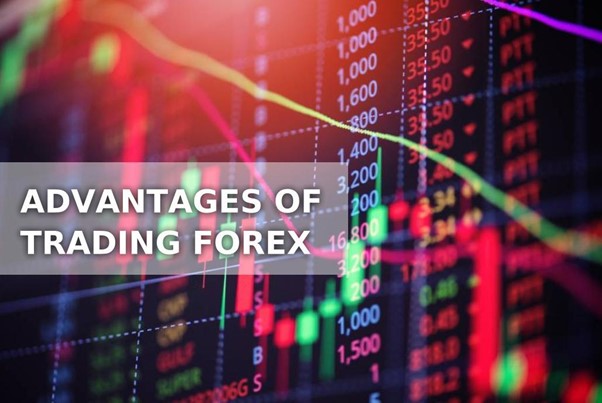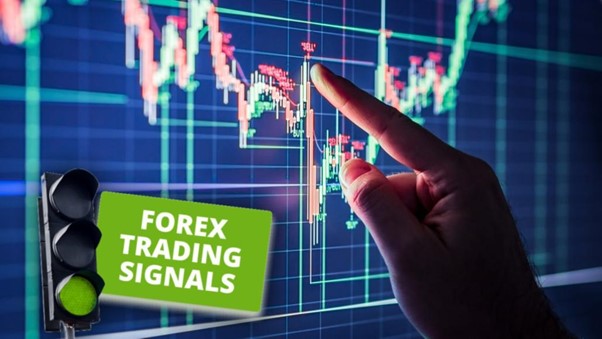To the uninitiated, trading in the stock market and trading forex may appear to be the same thing. Although both involve speculative trading and many similarities, the two forms of trading are in many ways vastly different. Ranging from the investment risk, trading frequency and market volatility, to the fundamentals of the products involved, understanding and intricate knowledge of the similarities and differences between trading forex and trading on the stock market is key to being a successful trader. Here at Forex Signals Lab, we help you take advantage of the forex signals being send out on a daily basis.
The Fundamental Instruments
We will delve into what the forex market is, but first we’ll go over basics of the stock market. A stock at its core is a form of ownership or equity of a company. When a company decides to raise capital from the general public, the most common method of doing so is to offer fractional ownership of the company for sale. This is usually referred to as stock and a share is the smallest denomination of a company’s stock.
Trading in the stock market involves buying and selling of such stocks with the purpose of making a profit depending on the change in price. The value of a stock as such depends on the performance of the company itself as it is most often directly reflected in the stock prices. Therefore an investor trading in the stock market must have a certain degree of understanding of the company and how that is reflected in the prices of its shares. Needless to say, traditional demand and supply forces are also at work when it comes to stock prices.
In contrast, forex is an entirely different beast in terms of the product itself. Trading forex refers to the trading of currency pairs on the global foreign exchange market. In essence, when trading forex, an investor is speculating on the performance of one currency against another. Hence forex prices are quoted in pairs such as EUR/USD. This is read as the base currency valued against the quoted currency. For example, EUR/USD priced at 1.159 essentially means one euro is worth 1.159 US dollars.
It might seem obvious to many that the price of currency pairs is reliant on multiple different factors ranging from inflation, interest rates, balance of payment between the two economies and national debt, to the effects on demand of supply of the currencies because of speculative trading.
The Factors Involved And How They Differ
As discussed above, despite their similarities, forex and stock markets have rather different influences that move their prices. Therefore an investor willing to trade must take into consideration a few key factors.
One of the most important factors that draws in a lot of investors on how to start trading forex market is its liquidity. Liquidity refers to the degree of availability of buyers and sellers for a given commodity at any given time. A high liquidity means one can enter or exit a trade at any point in time given the high number of willing buyers and sellers of the product. It is easy to understand why the forex market enjoys a far higher liquidity when compared to stocks. It is worth noting that the most popular stocks do enjoy a high degree of liquidity as well.
Another significant factor in trading either forex or stock is their market’s volatility. Volatility signifies the propensity of prices to change significantly in short periods of time. Although both stocks as well as currencies can see continuous slight shifts in price, the forex market tends to be far more volatile in comparison. The number of elements influencing prices in the stock market are often small, comparatively easier to comprehend and analyze. Forex on the other hand tends to see price changes that are often considered random. However a willing investor with the right fundamental and technical analysis can successfully speculate on the forex market.
One last concept a trader must take into account is leverage. Leverage in its simplest form is the ability to borrow money to trade volumes much bigger than what the trader can afford. Forex brokers tend to offer a very high degree of leverage compared to brokers in the stock market. However, leverage must be dealt with proper care as it tends to amplify losses just as much as it amplifies profit.
Conclusion
When it comes to trading, both forex and stocks have their own set of pros and cons that can sometimes overlap. But with the right knowledge, tools and techniques a trader can profitably trade either. A proper strategy and accurate analysis is critical to successfully trade in the forex market.












